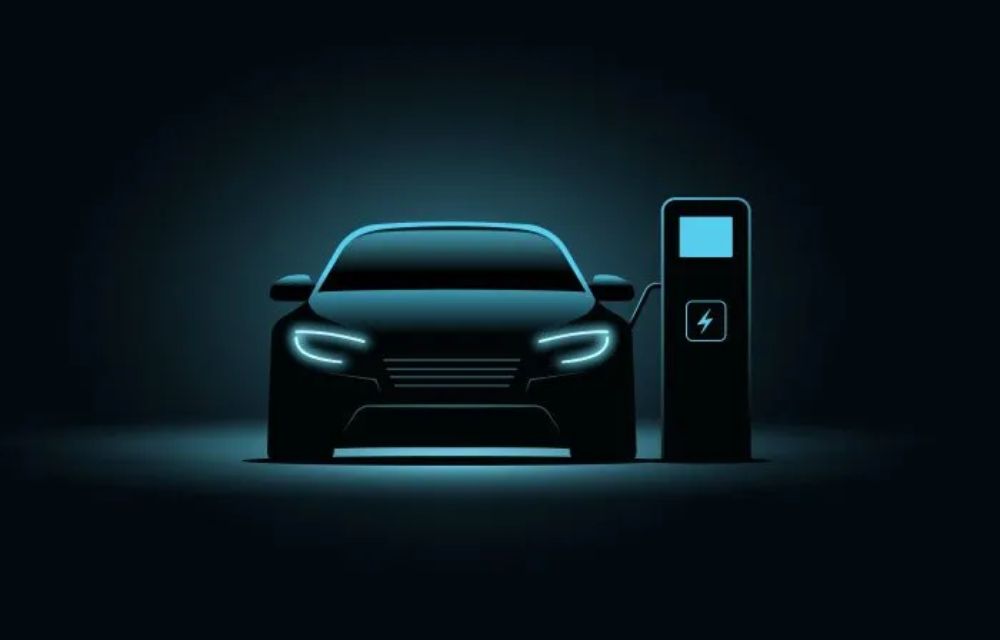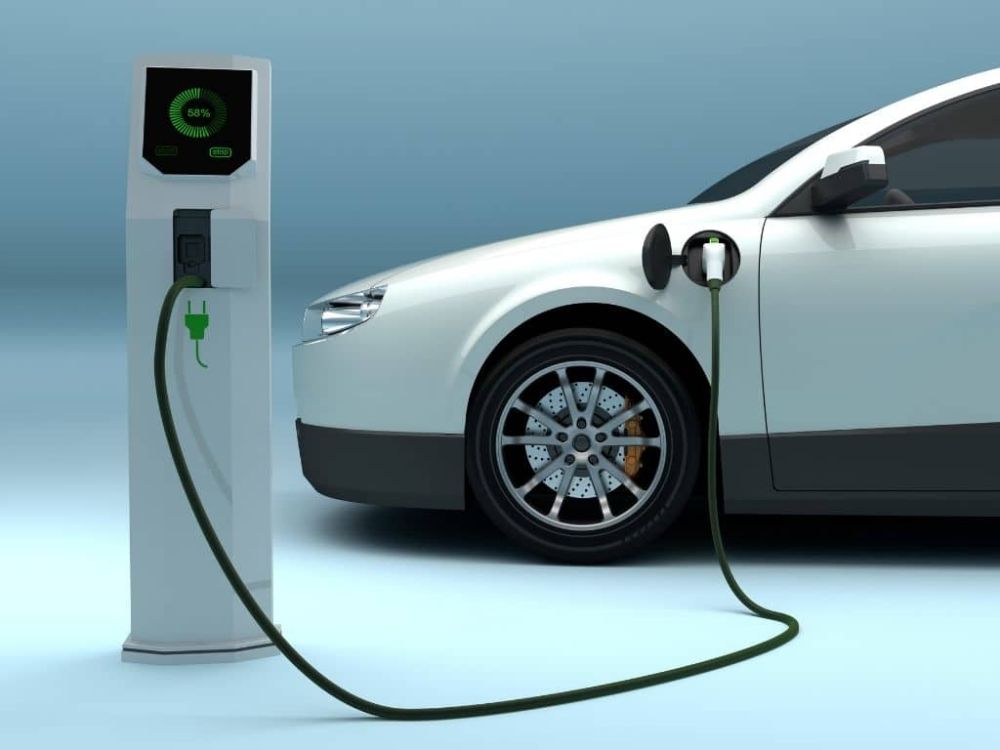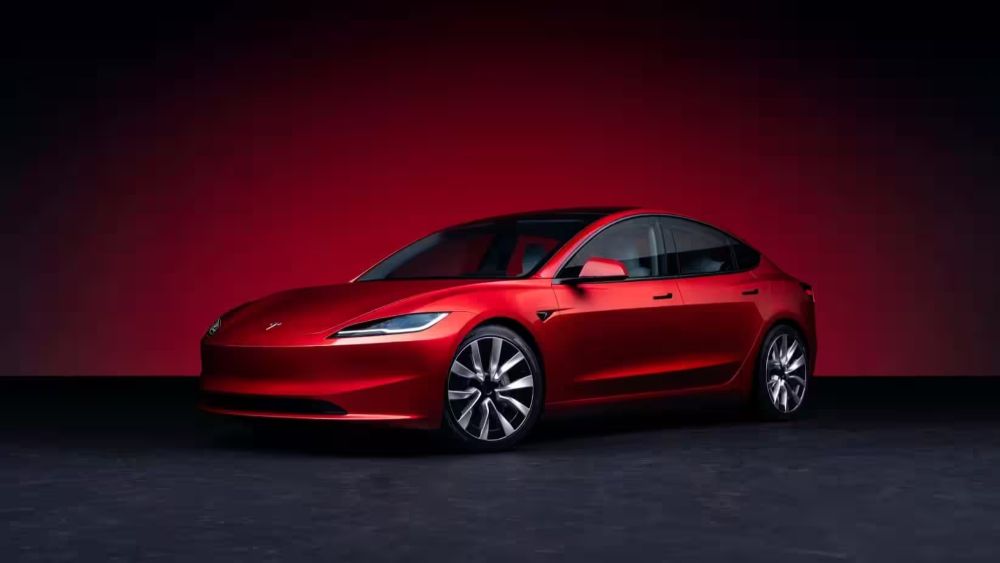The Centre’s move to launch a new scheme for electric vehicles (EVs) with a significant emphasis on attracting investments from leading global manufacturers, including those under Elon Musk’s Tesla, aims to kickstart operations in India, banking on the expected decline in interest rates. With the goal of positioning India as a key manufacturing hub in the electric vehicle sector, the Centre has announced a new electric vehicle scheme amidst anticipation of interest rate cuts. The scheme, aimed at boosting the adoption of electric vehicles in the country, focuses on incentivizing both foreign investment attraction and promoting domestic electric vehicle manufacturing.

As part of the scheme, the Centre has earmarked a substantial sum of 4,150 crore rupees (or approximately 500 million dollars) for investment. The move is expected to catalyze investment inflows from foreign manufacturers, as well as encourage the establishment of domestic electric vehicle production units. The scheme, with its high investment ceiling, does not restrict the source of investments solely to manufacturers participating in the Production Linked Incentive (PLI) scheme. Additionally, the scheme ensures a 15% customs duty for five years for vehicles with a value ranging from $10,000 to $25,000 manufactured over a three-year period.
Moreover, the Centre aims to facilitate the establishment of manufacturing facilities in India by providing conducive conditions for companies over the next three years. Companies setting up production facilities will benefit from a 50% reduction in domestic value addition (DVA) requirement within the PLI scheme. Furthermore, if the investment exceeds $800 million, companies will be allowed to import duty-free machinery and equipment.

In a bid to boost sales, the Centre has also announced subsidies ranging from 10,000 rupees to 25,000 rupees for electric scooters and motorcycles. This initiative will provide assistance to consumers purchasing two-wheelers between April and July for four months. Additionally, buyers of electric two-wheelers will receive a maximum subsidy of 25,000 rupees, while electric three-wheelers will be eligible for a maximum subsidy of 25,000 rupees.

Regarding Tesla’s manufacturing plant in Gujarat, it is reported that the final phase of related measures is underway. Musk had previously expressed interest in starting production in India. The government’s aim to reduce import dependence and promote domestic production aligns with Musk’s desire to begin production. Musk’s request to reduce import duties to facilitate production has been a long-standing demand. The government is aiming for electric vehicles to constitute 30% of India’s car market by 2030, up from the current 2%. This aligns with the Centre’s broader efforts to attract vehicle manufacturers to India.
